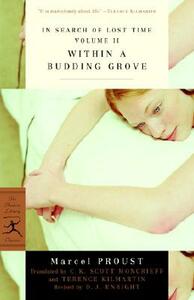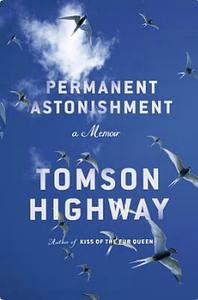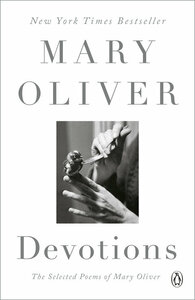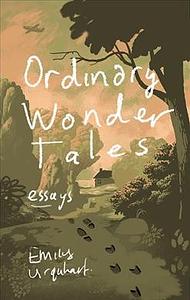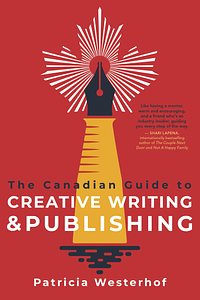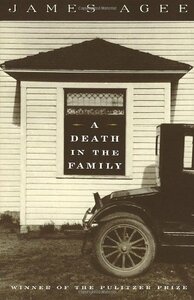You need to sign in or sign up before continuing.
Take a photo of a barcode or cover
kevin_macdonell's Reviews (81)
I listened to some of Tomson Highway’s CBC Massey Lectures in 2022, so as I read this book I could hear his voice in my head, with all its mischievous humour. Non-Native people are called by the nonsensical word Moony-Ass; meaningless though the term may be, I thought I could hear a little giggle every time Highway uses it — and he uses it frequently. There is a playfulness and a silliness throughout that I found appealing. This book is impossible to dislike.
Readers are likely to be “astonished” at how at odds Highway’s recollections of residential school are with the current national conversation in Canada about that sad era. He has so many fond memories, and the bad memories he would rather not dwell on. There is an abuser here, but he is portrayed in part as a tragic figure. I offer no opinion except to say the legacy of residential schools must be a complicated one. And, human beings are complicated.
Too, in memoir, the experience of the individual, the singular life, must trump any kind of dominant general narrative. (Beware, though, the misuse of one person’s truth to discredit the general truth.)
Late in the book, Highway cites a lesson learned from his father: “From disaster make something spectacular.” He has done that.
Readers are likely to be “astonished” at how at odds Highway’s recollections of residential school are with the current national conversation in Canada about that sad era. He has so many fond memories, and the bad memories he would rather not dwell on. There is an abuser here, but he is portrayed in part as a tragic figure. I offer no opinion except to say the legacy of residential schools must be a complicated one. And, human beings are complicated.
Too, in memoir, the experience of the individual, the singular life, must trump any kind of dominant general narrative. (Beware, though, the misuse of one person’s truth to discredit the general truth.)
Late in the book, Highway cites a lesson learned from his father: “From disaster make something spectacular.” He has done that.
I bought this book based on its title and a cursory flip-through. Only on reading did I discover the book is less about the business of writing and more about craft. Which would be fine except that Westerhof tries to cover multiple genres. A chapter on writing prose poems immediately follows a chapter on writing op-ed pieces. It seems ambitious. And is a Canadian version needed?
I wondered whether Westerhof had bitten off too much. Given the scope, the advice is perforce general and basic. There is nothing wrong with basic — just know that the tips are solidly conventional, and occasionally questionable. As in: To find the best books to fuel your reading, look at Goodreads reviews. (I’m not so sure.) Or: Readers of your drafts don’t have to be writers. (Just my opinion, but accepting critiques from non-writers is unhelpful.) Or: “All stories need a clear conflict.” (An assumption which is probably usually true, but I would like to see it challenged more often.)
I was briefly excited by an offhand reference to software to convert scanned pages of handwriting into text, as if there is any such a thing that does a reasonable job. There’s an hour and a half of fruitless research I won’t get back.
I don’t regret buying the book. The appendices are valuable, and an afterword called “Liking Your Life as a Writer” is full of wisdom. A good addition to a beginning writer’s library.
I wondered whether Westerhof had bitten off too much. Given the scope, the advice is perforce general and basic. There is nothing wrong with basic — just know that the tips are solidly conventional, and occasionally questionable. As in: To find the best books to fuel your reading, look at Goodreads reviews. (I’m not so sure.) Or: Readers of your drafts don’t have to be writers. (Just my opinion, but accepting critiques from non-writers is unhelpful.) Or: “All stories need a clear conflict.” (An assumption which is probably usually true, but I would like to see it challenged more often.)
I was briefly excited by an offhand reference to software to convert scanned pages of handwriting into text, as if there is any such a thing that does a reasonable job. There’s an hour and a half of fruitless research I won’t get back.
I don’t regret buying the book. The appendices are valuable, and an afterword called “Liking Your Life as a Writer” is full of wisdom. A good addition to a beginning writer’s library.
I am guessing this book is not well known in the English world (the great majority of reviews here are in Dutch), which surprises me, because this is a brilliant translation of a brilliant book on the subject of memory.
This is memory from the vantage of forgetting, which is not the opposite of memory, but an essential part of its working. Draaisma illuminates his subject with diverse shafts of light as from a prism: dreams, injuries to the brain, memory-related disorders, inadvertent plagiarism, photography, and more. His explorations of stories and individual cases at times reminded me of Oliver Sacks.
I have always been preoccupied with memory (and forgetting) — this book is a keeper.
This is memory from the vantage of forgetting, which is not the opposite of memory, but an essential part of its working. Draaisma illuminates his subject with diverse shafts of light as from a prism: dreams, injuries to the brain, memory-related disorders, inadvertent plagiarism, photography, and more. His explorations of stories and individual cases at times reminded me of Oliver Sacks.
I have always been preoccupied with memory (and forgetting) — this book is a keeper.
I have read little Borges, even though as a writer interested in time, memory, and reality (as we all are?), I’ve long thought Borges is required reading. In this book I hoped for an introduction. Instead, I got to the end less keen on Borges than when I started. Strathern didn’t take me on an exploration so much as unspool a weary retrospective. He seems bored of Borges. This book is better suited to the reader familiar with Borges’s works who is better equipped to meet the author’s critical pronouncements.
